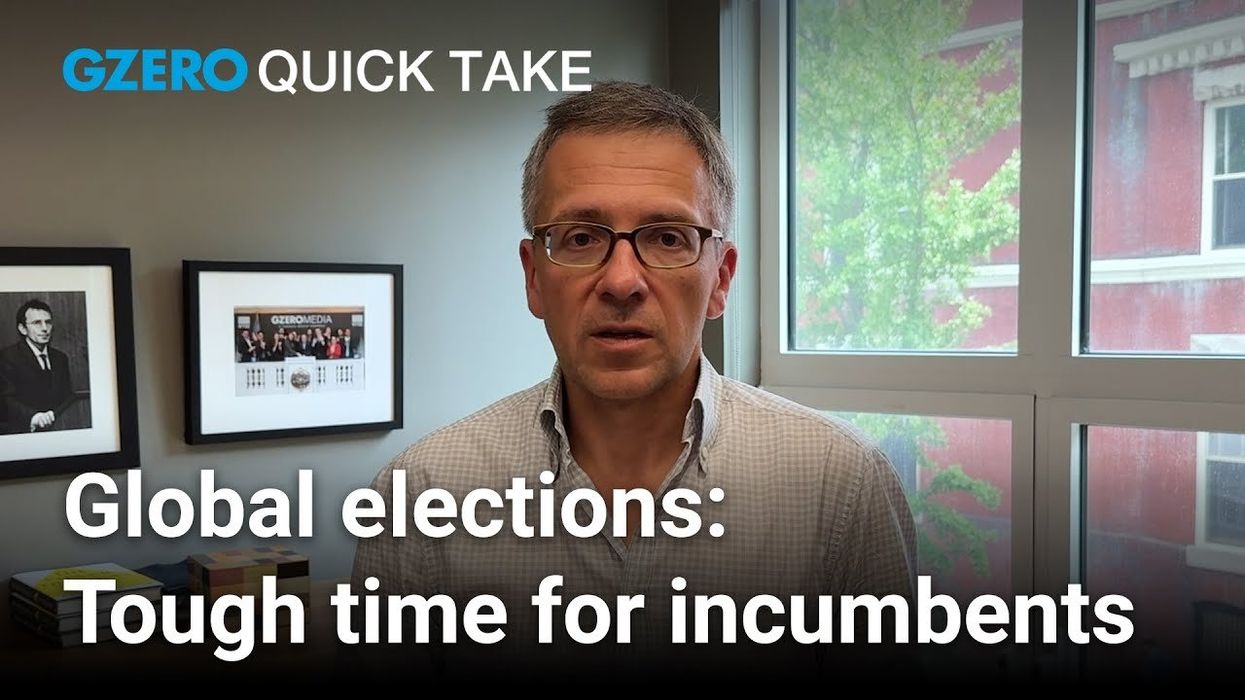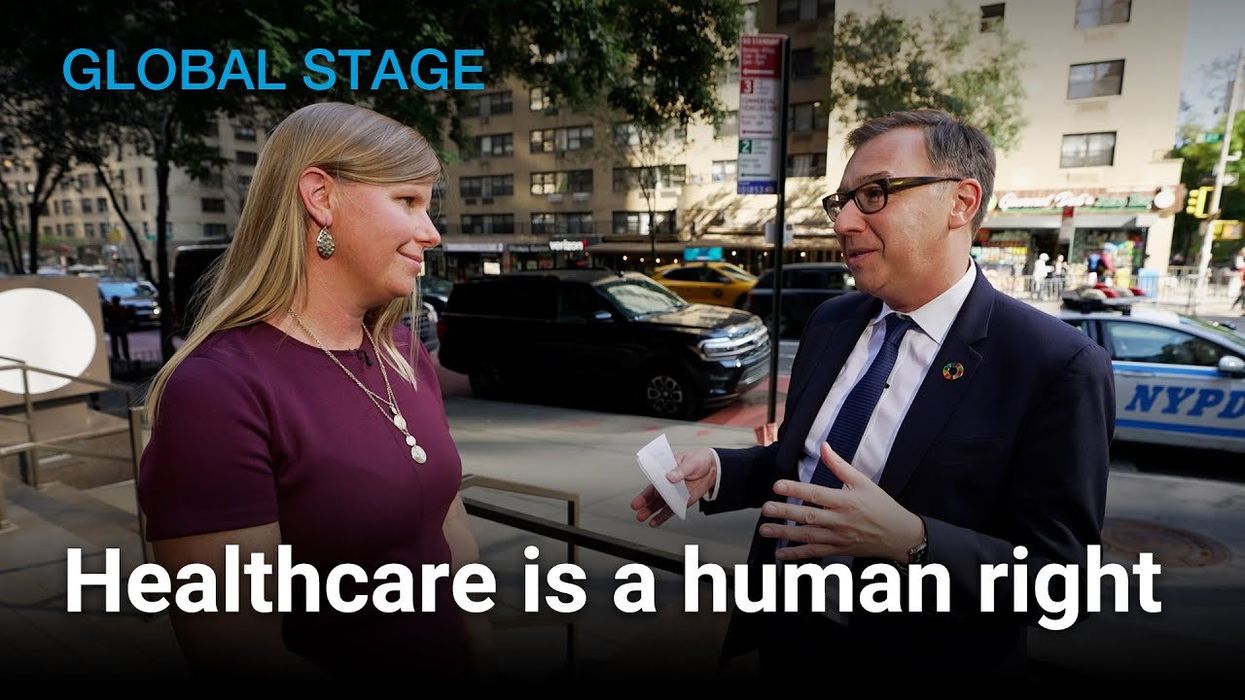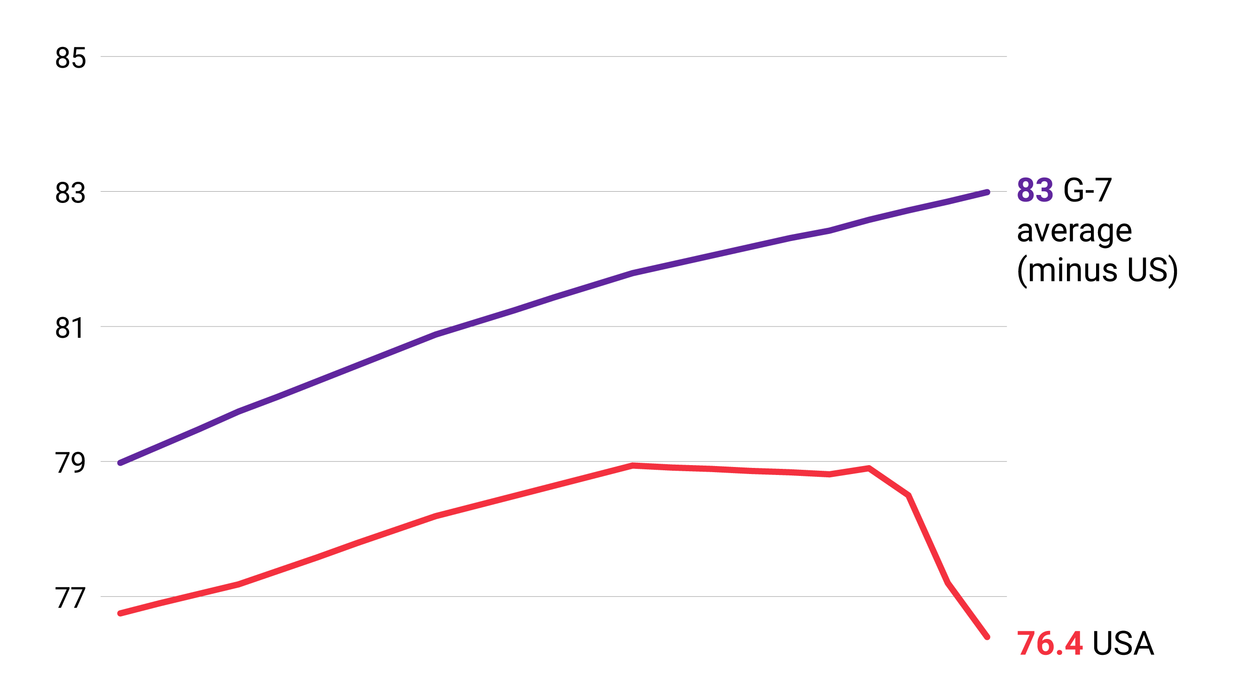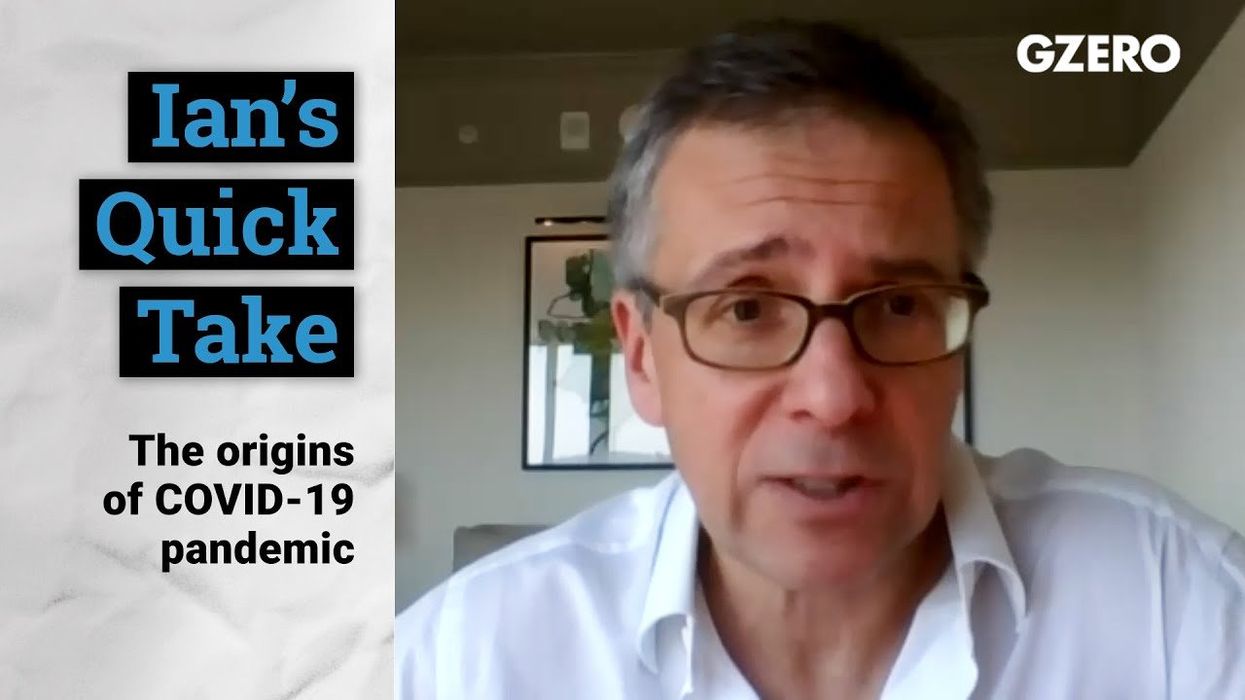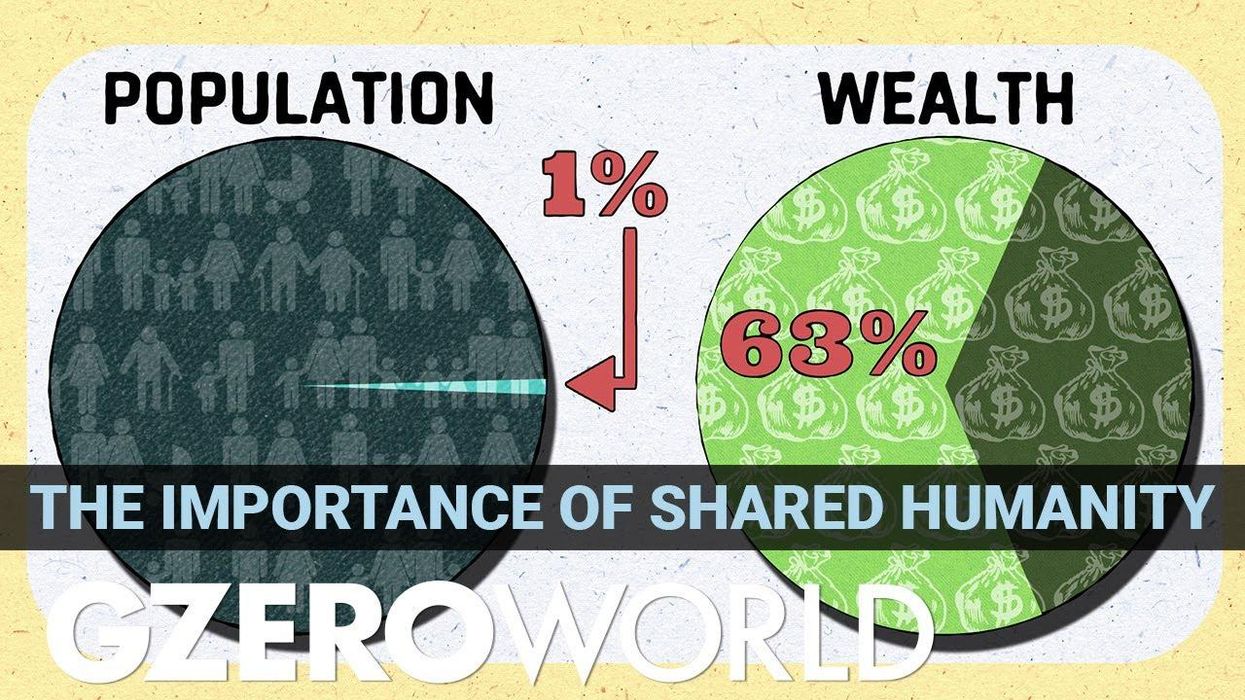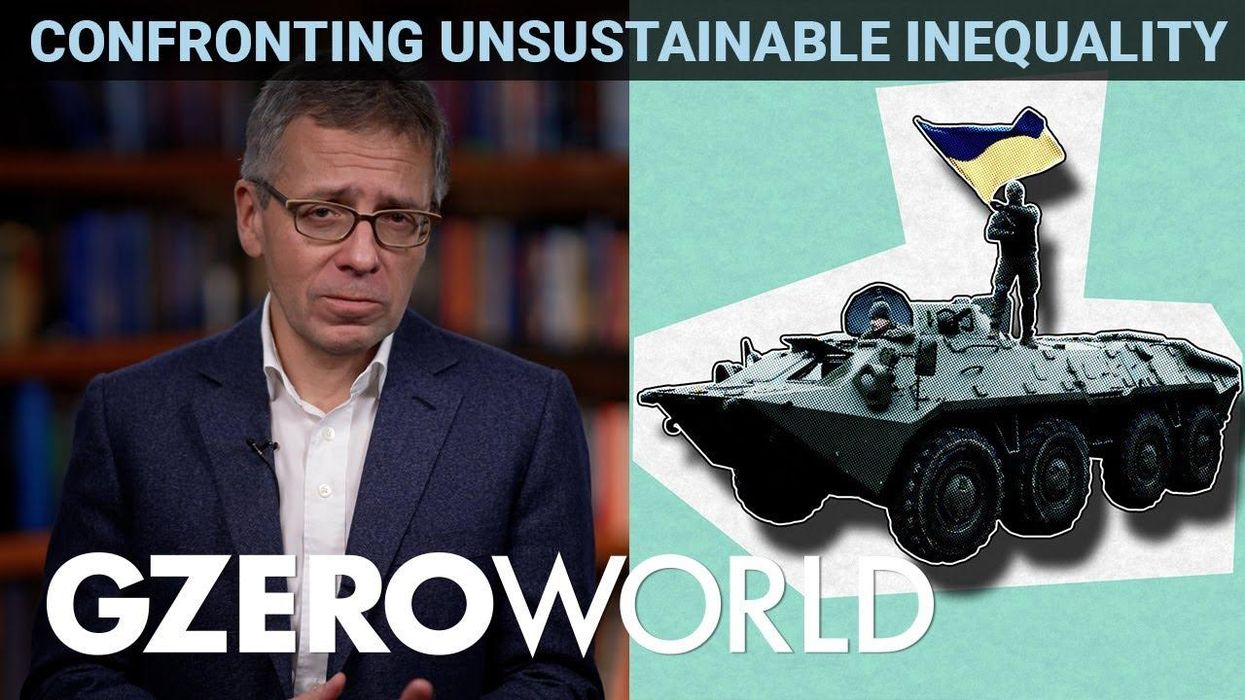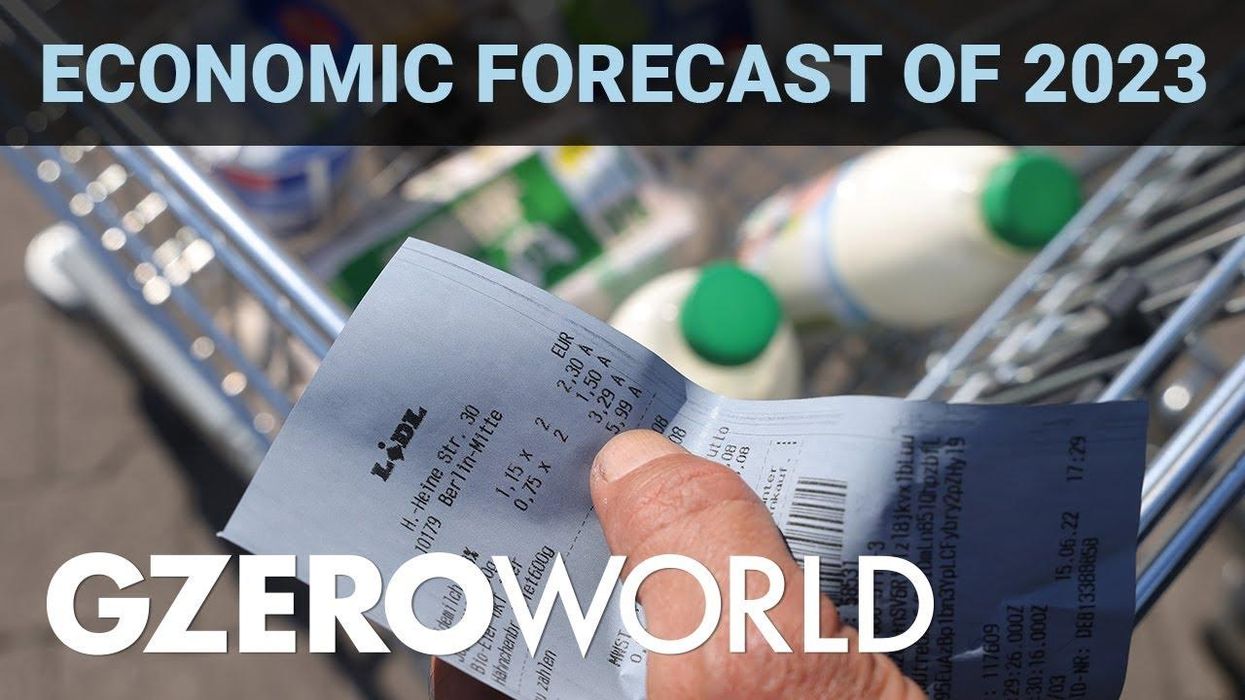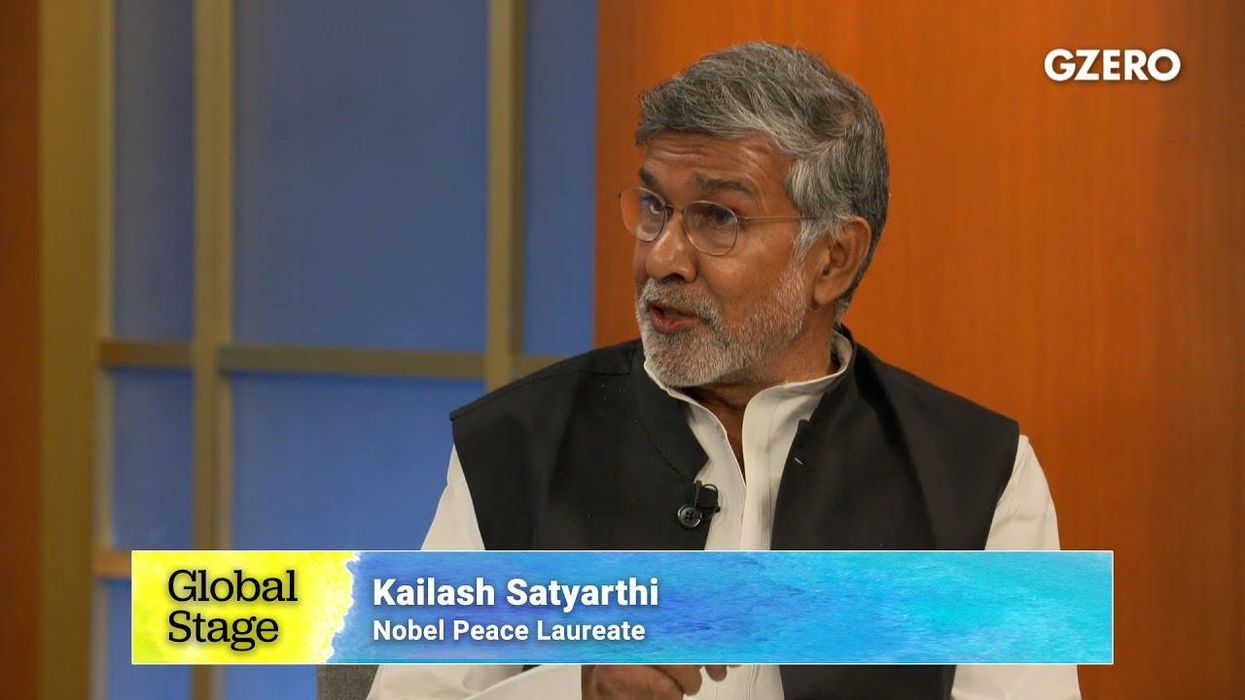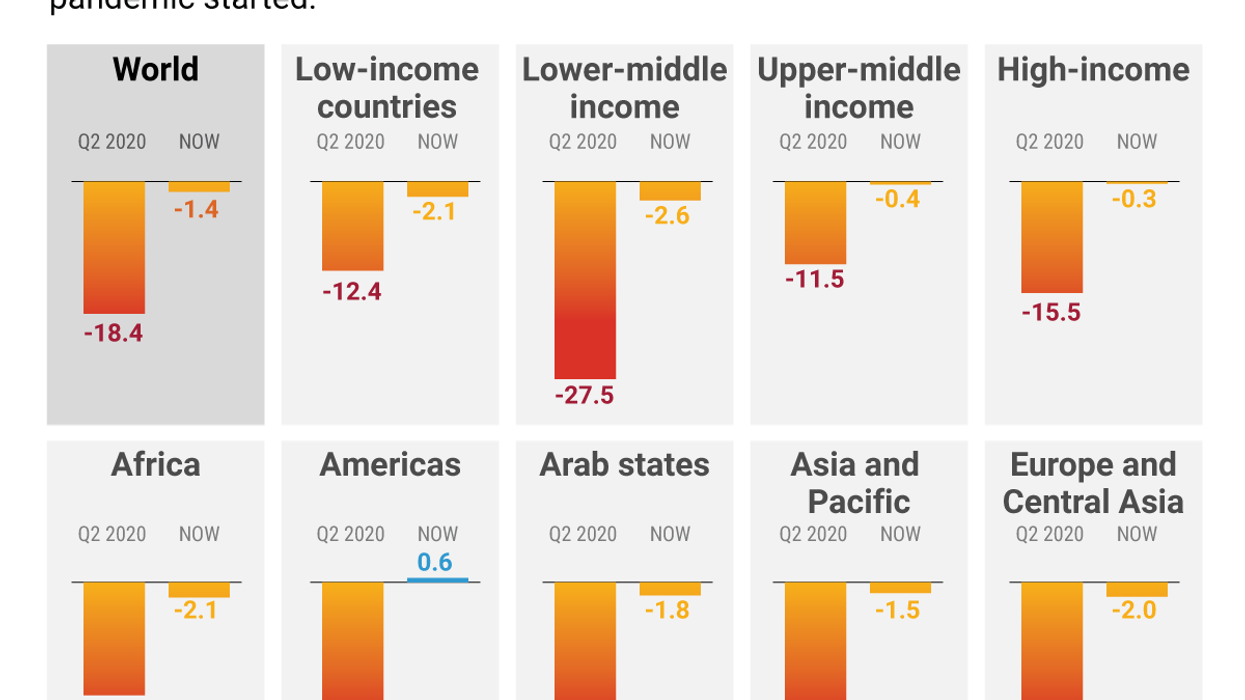Quick Take
In global elections, incumbents are in trouble
Ian Bremmer's Quick Take: Lots going on especially big elections. We have the France results. We have the UK results. We have the Iran results. We have a lot of uncertainty of course, here in the United States, says Ian Bremmer. His big takeaway: this is a horrible time to be an incumbent.
Jul 08, 2024
